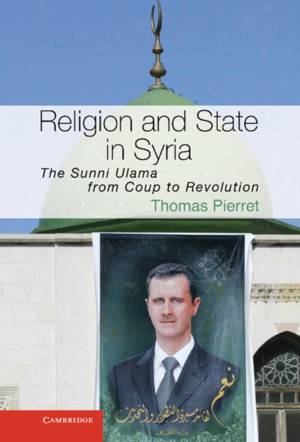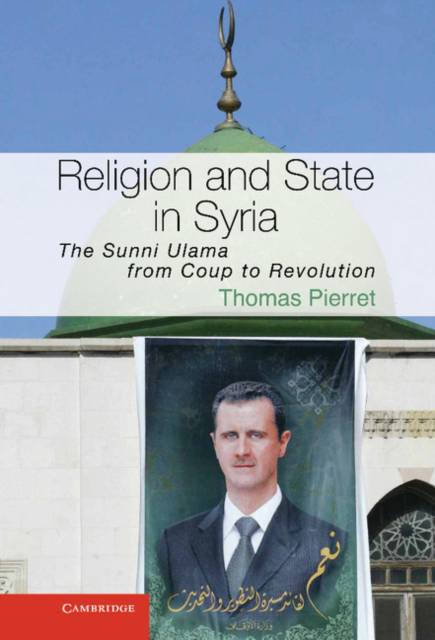
- Afhalen na 1 uur in een winkel met voorraad
- Gratis thuislevering in België vanaf € 30
- Ruim aanbod met 7 miljoen producten
- Afhalen na 1 uur in een winkel met voorraad
- Gratis thuislevering in België vanaf € 30
- Ruim aanbod met 7 miljoen producten
Zoeken
€ 174,45
+ 348 punten
Uitvoering
Omschrijving
While Syria has been dominated since the 1960s by a determinedly secular regime, the uprising that began there in 2011 has raised many questions about the role of Islam in the country's politics. This book, which is based on the author's extensive fieldwork in Syria's mosques and schools and on interviews with local Muslim scholars, is the first comprehensive study of the country's little-known religious scene and its most influential actors, the ulama. It demonstrates that with the eradication of the Muslim Brothers after the failed insurrection of 1982, Sunni men of religion became the only voice of the Islamic trend in the country. Through educational programs, the establishment of charitable foundations, and their deft handling of tribal and merchant networks, they took advantage of popular disaffection with secular ideologies to increase their influence over society. In recent years, with the Islamic resurgence, the Alawi-dominated Ba'thist regime was compelled to bring the clergy into the political fold. This ambiguous relationship was exposed in 2011 by the division of the Sunni clergy between regime supporters, bystanders, and opponents. This book affords an entirely new perspective on Syrian society as it stands at the crossroads of political and social fragmentation.
Specificaties
Betrokkenen
- Auteur(s):
- Uitgeverij:
Inhoud
- Aantal bladzijden:
- 294
- Taal:
- Engels
- Reeks:
- Reeksnummer:
- nr. 41
Eigenschappen
- Productcode (EAN):
- 9781107026414
- Verschijningsdatum:
- 25/03/2013
- Uitvoering:
- Hardcover
- Formaat:
- Genaaid
- Afmetingen:
- 150 mm x 231 mm
- Gewicht:
- 498 g

Alleen bij Standaard Boekhandel
+ 348 punten op je klantenkaart van Standaard Boekhandel
Beoordelingen
We publiceren alleen reviews die voldoen aan de voorwaarden voor reviews. Bekijk onze voorwaarden voor reviews.








